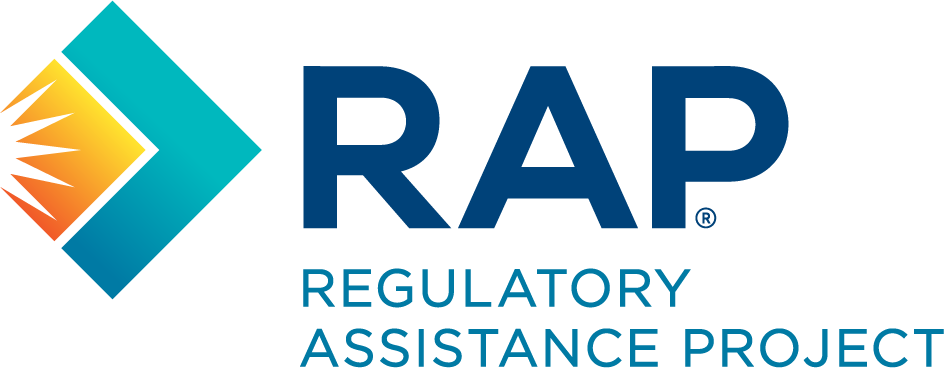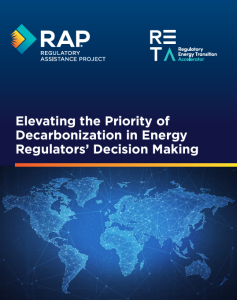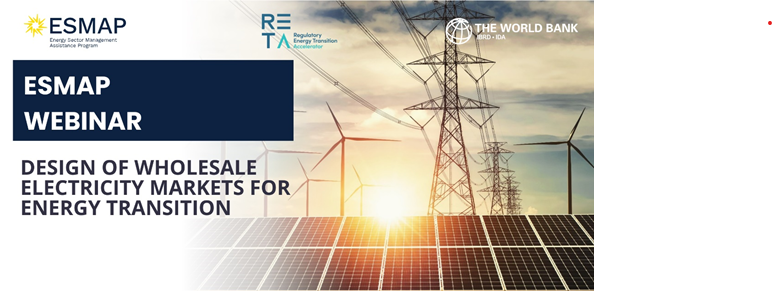
Regulatory Energy Transition Accelerator
Regulatory Frameworks to deliver the energy transition.
Creating fair and inclusive regulatory structures.
Regulatory frameworks set out the rules and responsibilities of regulators. They can either enable or restrict them to address challenges surrounding the energy transition. RETA and its Delivery Partners are working to empower energy regulators to promote decarbonization in the race to net zero.
Over the next year, three projects will addres this issue. RAP will share the results of their most recent report, which covers the challenges and solutions for regulators dealing with decarbonization, with policy makers around the globe. At the same time, the World Bank will run a programme on market design and Energy Innovation will address some key questions regarding the role of hydrogen in the energy system.
Partners.



